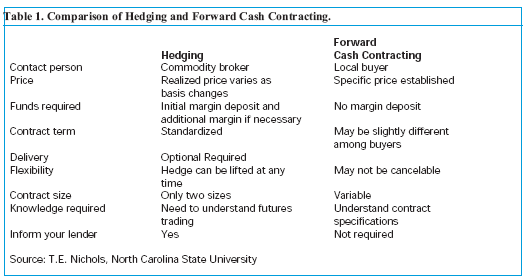Advantages & Disadvantages of Hedge Funds
Post on: 16 Март, 2015 No Comment

Hedge funds strive to generate returns that have a very low correlation with traditional asset classes. The advantage of low correlation is its diversifying effect on your portfolio. Meaning, that those asset classes with diverse correlations will not all react in the same manner to market conditions. An example of this idea in the past has been real estate. Many investors have chosen to hold real estate because it will not necessarily suffer just because the respective stock markets may be. Since many well-managed hedge funds act independently of market movements, they often have the ability to stabilize a portfolio during times of market uncertainty. This may be the strongest argument for giving hedge funds a significant role in your asset allocation. Whereas mutual funds provide a certain degree of diversification by investing in multiple stocks, they are still subject to cyclical, sector and asset class volatility and overall market declines. Hedge funds, on the other hand, have the ability to remain relatively aloof from market movements. This brings us to a second, albeit related, advantage of hedge funds low volatility.
Institutional investors, such as endowment trustees for universities have found that by allocating more of their endowment to alternative investments, the volatility of their overall portfolio has been reduced. What does it mean to be less volatile? As volatility is a measure of fluctuation, less volatility refers to minimized extremes, and more stability. Whereas we have seen the Dow Jones Industrial Average and other market indices display significant volatility, the performance of a diversified portfolio, that includes a significant allocation to hedge funds, tends to vary much less.
Low correlation to the market and minimized volatility does not necessarily portend minimized performance. On the contrary, some investors (mainly high net worth individuals) view [hedge funds] as return enhancers aggressive investment options that seek to generate above-market returns. That is to say that hedge funds have the potential to generate significant returns for aggressive investors. However, one of the strongest appeals of hedge funds is the role they play as a steadying hand over time for well-diversified portfolios.
In addition to what are considered traditional hedge funds, there is a relatively new breed of special hedge funds that might best be referred to as hedge fund-like mutual funds. These are, in essence, mutual funds that engage, to some degree, in hedging techniques. These hybrid funds provide certain advantages over traditional hedge funds, which include lower fees, greater liquidity, lower leverage due to mutual fund regulation, and better documented performance as a result of greater transparency.

Investors may be interested in, and most likely should consider, a hedge fund of funds. This is a hedge fund that invests in other hedge funds. The concept behind these funds is that they are able to move money between the best funds in the industry, and thereby increase shareholders returns with more diversification than is offered by a single fund. Instead of investing in just one fund with one manager and one strategy, with a fund of funds an investor has access to many hedge fund managers and many strategies, thereby increasing diversification. Additionally, hedge fund of funds managers spend the majority of their time researching and analyzing individual hedge fund managers. This increased dedication, and subsequent expertise, can often lend itself to better manager selection that can reflect itself in better performance and reduced volatility.
However, hedge funds of funds are not perfect. The greatest drawback behind fund of funds is that there is an additional layer of fees involved with having an extra layer of expertise that focuses exclusively on hedge fund managers. Therefore, fund of funds managers must be able to add at least as much additional value as the additional fees they charge. Investment advisors need to be aware of these fees and active in reviewing the value added by the fund of funds managers.














